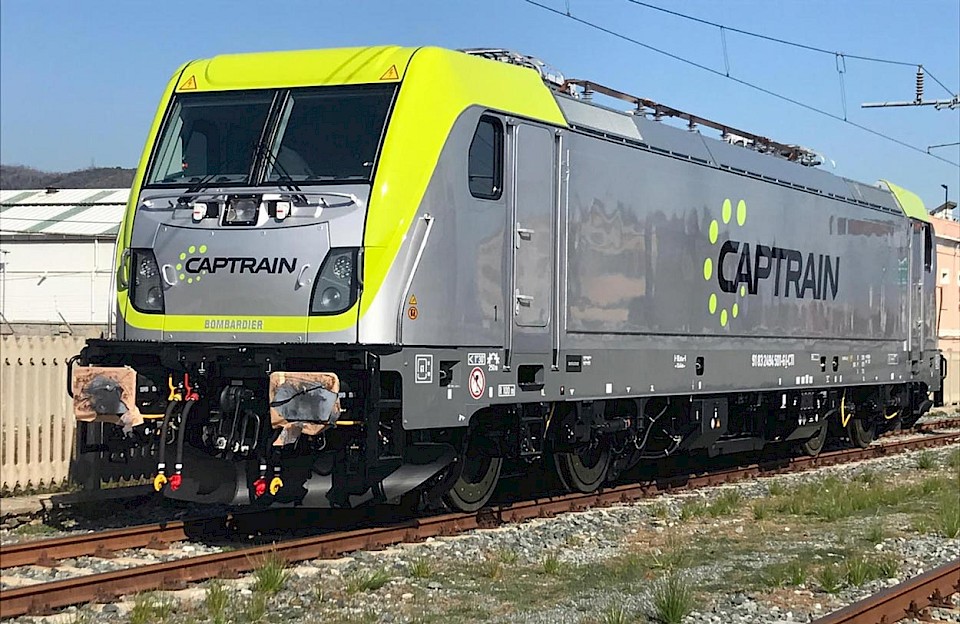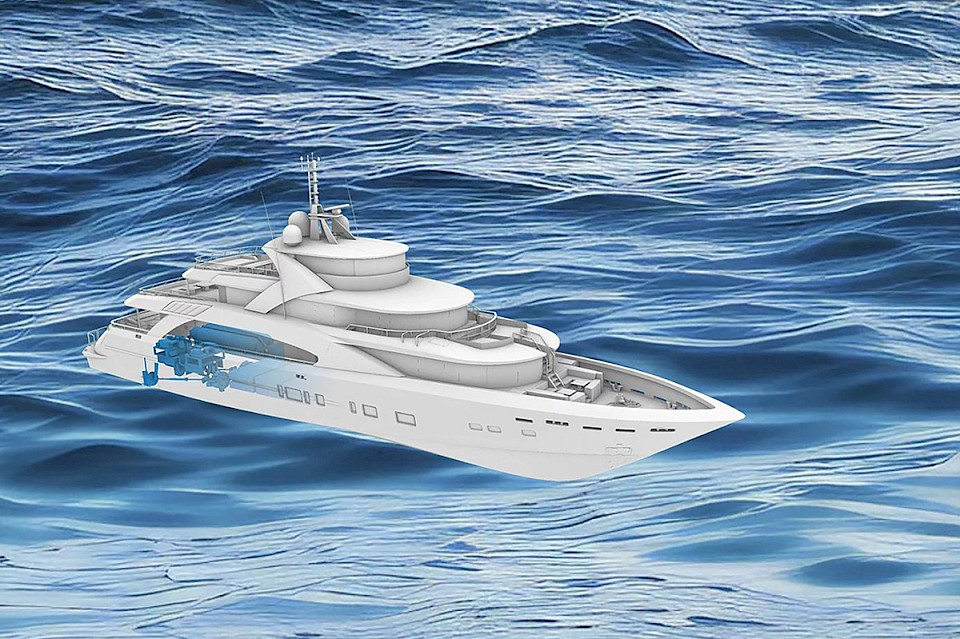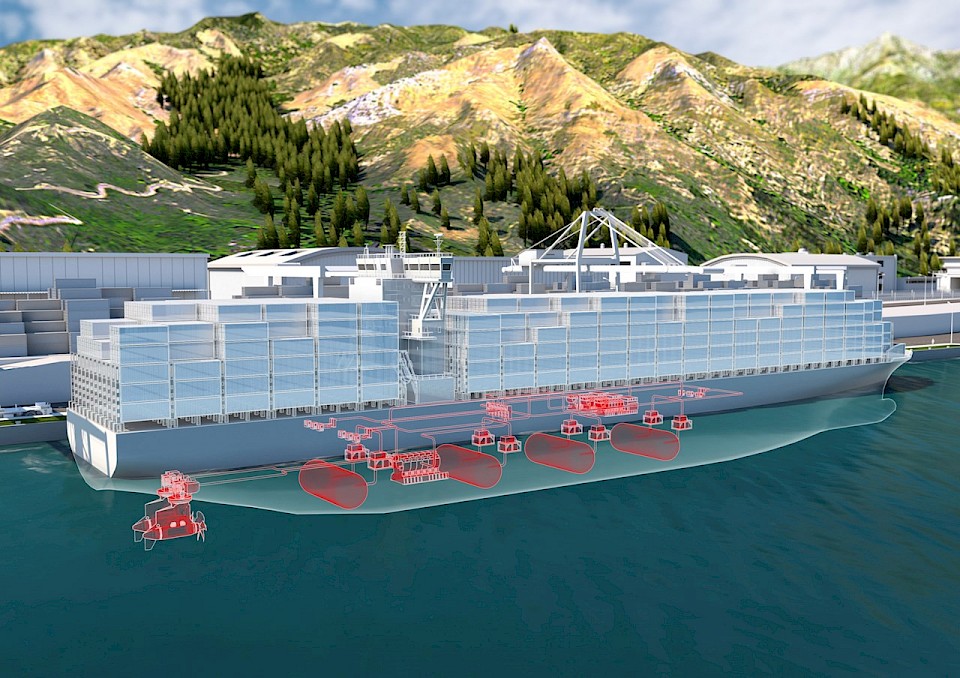The HDF FC 1500 has been designed in partnership with Ballard Power Systems to meet the demands of energy-intensive applications. Fueled with hydrogen, it can generate up to 1.5 MW of clean, emissions free electricity.
With minimal energy loss and exceptional efficiency, our fuel cell technology allows for maximized productivity













